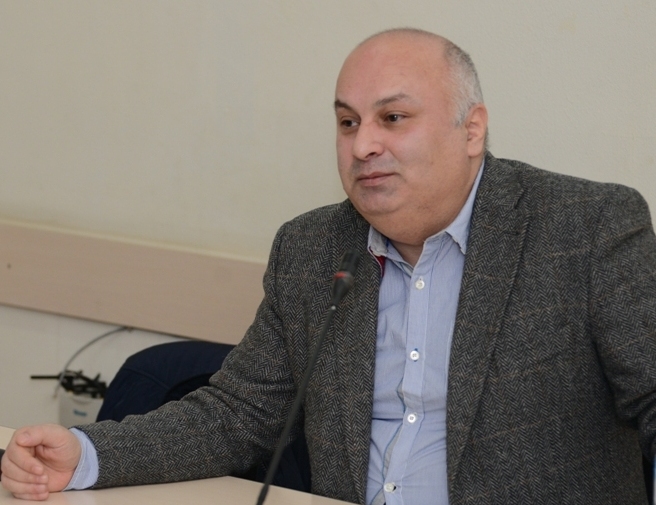The scientific paper "Social Health Insurance in Georgia: Barriers to Development" was published in the international refereed publication "Economics and Business".
The journal "Economics and Business" is indexed in EBSCO and ERIHPLUS international scientific databases.
The authors of the paper are Tengiz Verulava (Doctor of Medicine, Professor of Medicine and Healthcare Management at Caucasus University) and Avtandil Zorbenadze (Doctor of Medicine, Chairman of the Supervisory Board of Chapidze Emergency Cardiology Center).
Summary:
The paper aims to study the need to implement social health insurance in 1995 in Georgia over the model of general tax financing; in particular, why Georgia chose social health insurance (Bismarck's model) and not the model of general tax financing (Beveridge) and what challenges were associated with its development. The social insurance system prioritizes the introduction of market mechanisms, aiming for an equal distribution of responsibility for health among the state, employers, and employees. Despite the achievements, the introduction of social health insurance proved more difficult than expected, due to chronic underfunding of the healthcare system. In 2004, the United National Movement refused to introduce a social insurance system and switched to a general tax financing (Beveridge) model, excluding the principle of insurance as the states plays a dominant role and instead of insurance, health care is completely financed from the state budget. This approach persisted in 2012 with the new political party in power, "Georgian Dream - Democratic Georgia." Recognizing that a social insurance system is more adept at mobilizing additional funds for the health sector and ensuring sustainable financing, it is appropriate to promote the continued development of social insurance in the country. The health sector needs consistency, continuity and legacy of reforms.
See the article at the link.
Avtandil Zorbenadze, Tengiz Verulava. Social Health Insurance in Georgia: Barriers to Development. Economics and Business. (2). 2021.



.jpg)